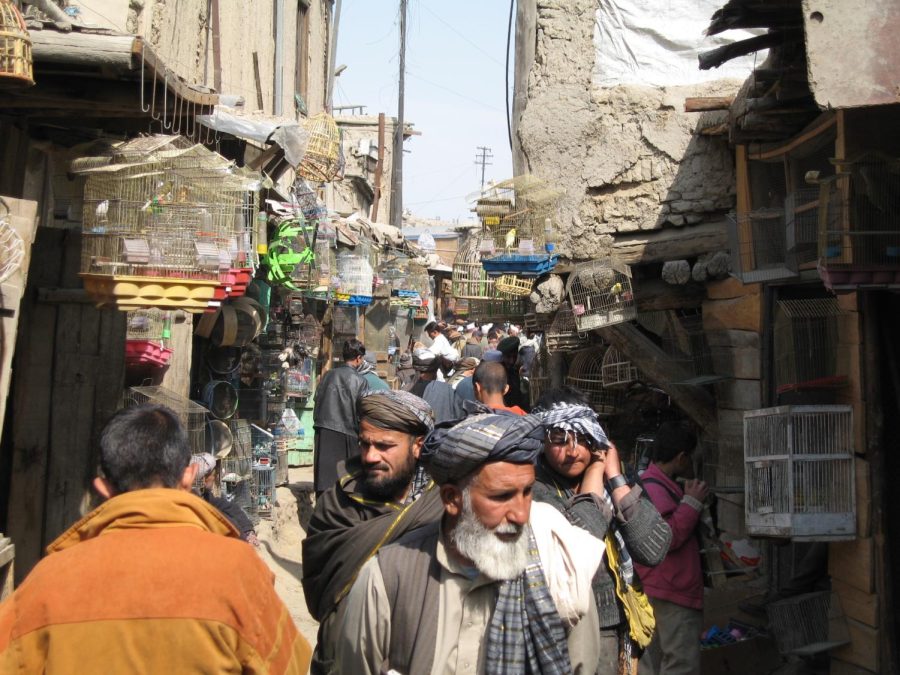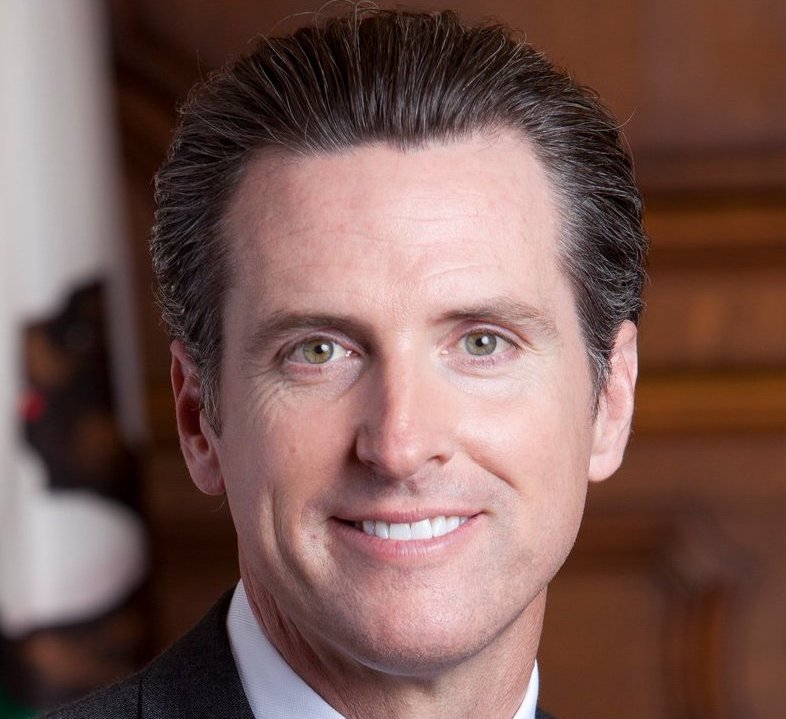It looks as though the fight to save our environment is finally showing results, but t is Europe who takes the lead in the fight against climate change.
According to a report from the European Environment Agency, severe climate changes are to come and severe consequences will come to cities that do not make efforts to adapt.
In an effort to adapt, many European buildings have adapted green infrastructure. Such green infrastructure is designed to deliver benefits that are friendly to the environment.
This need to adapt to a changing climate could provide a model for future city and architectural development.
In Germany, one can own a car, but they have to pay $30,000 dollars to park it down the street in a garage.
Also in Germany, there are houses so energy efficient that they don’t need to be heated.
It is not so much European’s willingness to change that makes them more eco-friendly, but the way they adjust and live their life.
In Rome, for example, the average home does not have air conditioning and a roomy fridge. Clothes are hung outside to dry, not dried by a machine.
Not only do Europeans use less appliances, but they produce less personal waste. Americans package everything separately and in bulk amounts. In Europe it is socially disgraceful to carry around a plastic bag.
Junior Theo Fedronic commented, “As far as public transportation, Europe works much harder to promote alternatives to cars. Trains are the fastest to get around and buses provide intercity travel.”
Americans rely on cars, but maybe if more focus and attention was put on public transportation our carbon footprint could be reduced.
Although the United States is not exerting every possible effort to be entirely eco-friendly, we have made considerable progress.
According to the US Energy Information Administration, energy-related emissions in 2012 were the lowest since 1992.
In contrast, energy emissions were highest in the EU because more people are using coal.
This is significant progress for the United States and it contradicts the pattern we see in environmental progress for Europe, usually taking a greater stance in conservation efforts.
Europe is consuming mass amounts of coal due to the closure of the country’s nuclear fleet, higher gas prices, and cheap coal imports from the US.
Europe is friendlier to the environment in day to day activities.
An example would be, in New York, garbage is collected 3 times a week while in Zurich garbage is collected once.
Europe has set the example for environmental conservation. It’s about more than changing the way society treats the environment, but how we choose to live our daily lives.






